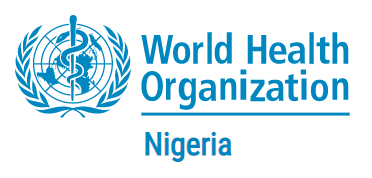By Iyemah David
The World Health Organisation (WHO) on Friday emphasised the crucial role journalists play in combating Antimicrobial Resistance (AMR).
The organisation’s Cluster Lead/AMR Expert, Dr Chavan Laxmikant, made the emphasis in his presentation during the 7th Annual Conference of the Association of Nigeria Health Journalists (ANHEJ) in Akwanga, Nasarawa State on Friday.
Antimicrobials, including antibiotics, antivirals, antifungals, and antiparasitics – are medicines used to prevent and treat infectious diseases in humans, animals and plants.
However Antimicrobial Resistance (AMR) occurs when bacteria, viruses, fungi and parasites no longer respond to antimicrobial medicines.
Laxmikant, therefore, said that by raising awareness and disseminating accurate information, journalists can contribute significantly to addressing this global health threat.
He explained that “as microbial agents evolve and become more resistant to existing treatments, the need for informed and responsible reporting has never been more critical.”
According to him, every individual has a role to play in stopping the spread of AMR, from policymakers to healthcare workers, to the agriculture sector.
The AMR expert said antibiotics are essential to treat serious bacterial infections such as meningitis, pneumonia and sepsis, but frequently misused, or used to treat mild illnesses such as cough, earache and sore throat.
“In the case of agriculture, animals are frequently given antibiotics to promote growth, rather than to fight an infection.
“This can lead to drug-resistant bacteria developing in the animal, and when animals are slaughtered and processed for food, bacteria can contaminate the meat or other animal products.”
The WHO cluster lead said it could also spread through the environment, through contaminated water bodies and soil, meaning that AMR can amplify beyond direct animal exposure.




